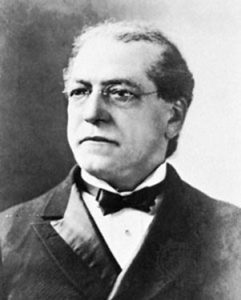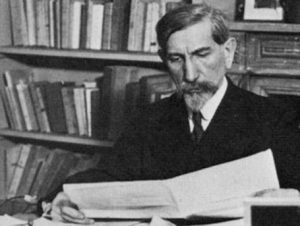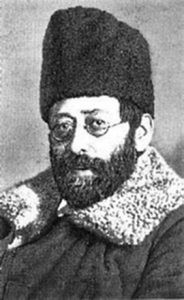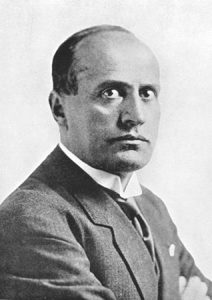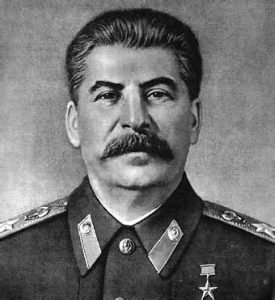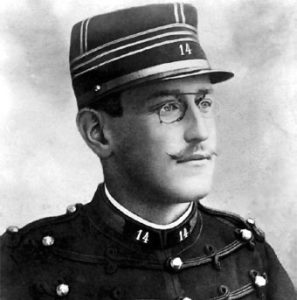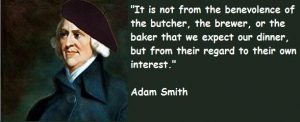The real Sir William Wallace
Some years ago the anglophobe film star and director Gibson made a Hollywood-backed movie called Braveheart. This tasteful work of art purports to be the story of a Scot called Wallace who led his (kilted) warriors to victory against a dastardly English king and won a major battle at Stirling in the cause of independence for Scotland from domineering, untrustworthy England. The film is so full of historical errors as to make it extremely funny, and therefore worth watching on your video machine at least once a year.
The real William Wallace was born around 1270. His was a knightly family, not a collection of crofters. Still young, he began the impossible task of gathering the Picts and Scots together – not the clans, they came later. Most northern Scots spoke Gaelic and nothing else, except some relics of their Norse ancestry. All lowland Scots spoke what went for English in the 13th century, a heady mixture of French and Saxon tongues. One thing bound these fighters together, their joint hatred of the English, and of each other. William Wallace, who was born a knight, did indeed manage this tricky task, and the English were trounced at the battle of Stirling in 1297 when William was only twenty-seven. (more…)


